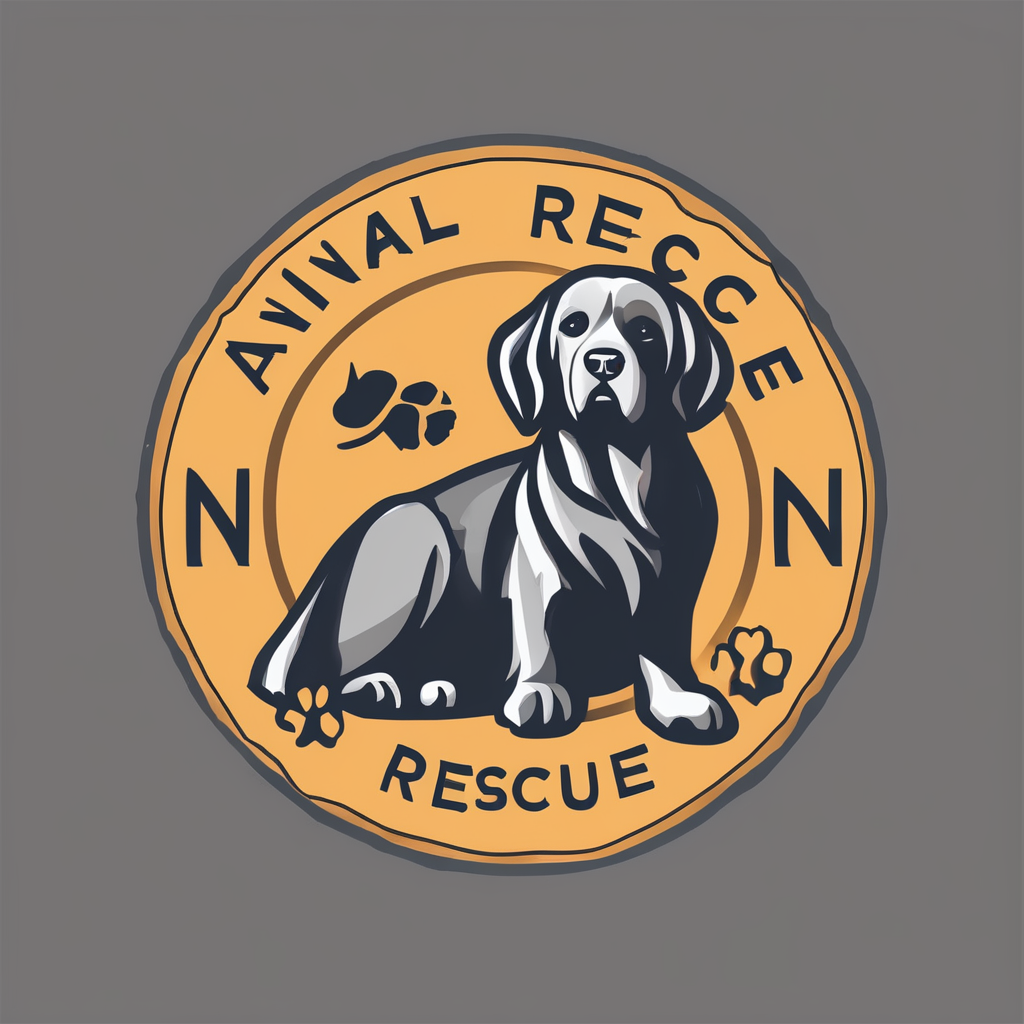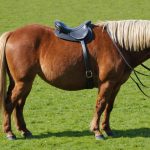Maintaining a healthy weight for your pet ferret is essential to ensure its overall health and longevity. Ferrets are small, playful animals known for their quirky personalities and boundless energy. As pet owners, you must understand the dietary needs of these unique creatures to keep them happy and thriving. An optimal diet not only helps in managing their weight but also supports their immune system, promotes proper digestion, and enhances their quality of life. In this article, we will discuss the best foods, feeding habits, and treats to help you maintain your pet’s ideal weight.
Understanding Ferret Nutrition
To maintain a healthy weight for your ferret, you must first grasp the basics of ferret nutrition. Ferrets are obligate carnivores, meaning they require a diet that is primarily made up of meat and is high in protein. Unlike dogs and cats, they can’t thrive on plant-based foods. A ferret’s digestive system is designed for a meat-heavy diet, and their bodies require a higher protein intake than many other pets.
Also to see : What type of bedding is best for your pet rabbit’s cage?
When selecting food for your ferret, look for high-quality commercial diets specifically formulated for ferrets. These products typically contain a balanced mix of animal proteins, fats, and essential nutrients. The protein content of these foods should ideally be between 30% and 40%. Always read the ingredients list, and opt for those that feature whole meats or meat meals as the primary ingredients.
While dry kibble is the most common option, some ferret owners choose to include wet food as a part of their ferret’s diet for added moisture. However, be cautious with wet foods, as they may contain fillers that are not suitable for your ferret. Ensure that any wet food you choose is also high in protein and low in carbohydrates.
Also to see : Top tips for preventing and healing saddle sores in shetland ponies: a comprehensive guide
Additionally, providing your ferret with a variety of meats can help keep their diet interesting. Cooked chicken, turkey, and lamb are all excellent choices. Some ferrets also enjoy game meats like rabbit or quail. Always avoid processed meats, as they contain unhealthy additives and preservatives. A well-rounded diet will help keep your ferret at a healthy weight while satisfying their dietary needs.
Portion Control and Feeding Schedule
Establishing a consistent feeding schedule and practicing portion control are crucial components of maintaining your ferret’s weight. Ferrets have small stomachs and require frequent meals throughout the day. A general guideline is to feed your ferret 3 to 4 times a day, offering small portions each time.
When determining how much food to provide, consider your ferret’s age, weight, and activity level. Adult ferrets typically consume around 5 to 7 ounces of food daily. If your ferret is less active or overweight, you may need to reduce the portions slightly. Conversely, more active ferrets may require additional food to support their energy needs. Tracking your ferret’s weight regularly will help you adjust their portions accordingly.
Moreover, measure out your ferret’s food and avoid free-feeding, which can lead to overeating. If you leave food out for your pet, they may eat more than necessary, resulting in weight gain. Instead, serve measured portions at designated times throughout the day. This approach helps regulate their intake and encourages better eating habits.
In addition to dry kibble, you can offer small amounts of high-protein treats. However, be mindful of the calories these treats contain, as they can quickly add up. Limit treats to no more than 10% of your ferret’s daily caloric intake. By being diligent with portion control and maintaining a regular feeding schedule, you can help your pet achieve and maintain a healthy weight.
The Role of Exercise in Weight Management
Exercise is vital for your ferret’s physical and mental well-being. Ensuring that your ferret gets sufficient physical activity plays a key role in maintaining a healthy weight. Ferrets are naturally active creatures and need daily opportunities to run, play, and explore their environment.
Create a safe play area where your ferret can engage in various activities. You can invest in ferret-proof playpens, tunnels, and toys to encourage exercise. Playtime should be interactive, allowing you to engage with your pet and stimulate their natural instincts. Activities like hide-and-seek or chasing toys can help keep your ferret active and entertained.
In addition to structured play, consider allowing your ferret to explore your home under supervision. This will provide them with mental stimulation and encourage physical movement. Be sure to ferret-proof your space to keep them safe while they explore.
Daily exercise not only helps prevent obesity but also contributes to your ferret’s overall health. Regular activity supports muscle development, promotes cardiovascular fitness, and helps maintain a healthy weight. Remember to monitor your ferret during exercise sessions, as they can become easily exhausted. Keep an eye on their energy levels and provide fresh water to stay hydrated.
Incorporating exercise into your ferret’s daily routine is essential for weight management. Make playtime a fun and interactive experience, and ensure your pet stays physically active to promote a healthy lifestyle.
Regular Vet Check-ups and Monitoring Weight
Regular veterinary visits are crucial for your ferret’s overall health and weight management. Routine check-ups allow your veterinarian to assess your ferret’s weight, diet, and overall condition. They can provide valuable insights into your pet’s nutritional needs, recommend suitable foods, and help you establish a weight management plan if necessary.
During your veterinary appointments, discuss any concerns you might have about your ferret’s weight or eating habits. Your vet can help you determine if your pet is at a healthy weight or if any adjustments need to be made to their diet or exercise routine. Regular assessments can help catch any weight-related issues early, allowing you to take proactive measures.
In addition to vet visits, it is important to monitor your ferret’s weight at home. Weigh your ferret regularly using a pet scale, and keep track of any changes. A sudden increase in weight can indicate an imbalance in their diet or a decrease in physical activity. Conversely, weight loss can be a sign of underlying health problems, such as dental issues or gastrointestinal disorders.
Keeping a close eye on your pet’s weight and overall condition will ensure that you can make informed decisions regarding their care. By prioritizing regular vet check-ups and weight monitoring, you can maintain your ferret’s health and help them achieve a healthy weight.
Maintaining a healthy weight for your pet ferret is a vital aspect of responsible pet ownership. By understanding their nutritional needs, practicing portion control, encouraging regular exercise, and scheduling regular veterinary check-ups, you can help your ferret lead a long, happy, and healthy life. Remember that each ferret is unique, and their diet and exercise requirements may vary. By being attentive to your pet’s behaviors and needs, you can make informed choices that will positively impact their health. A well-balanced diet, regular activity, and proper veterinary care will ensure that your ferret remains a happy and energetic companion for years to come.






